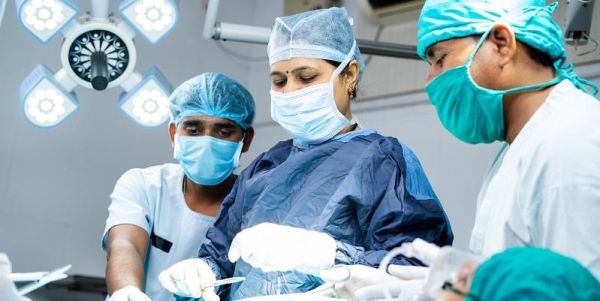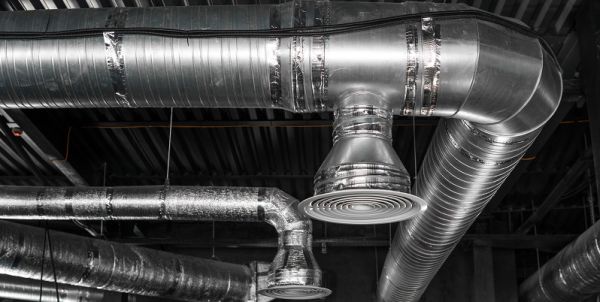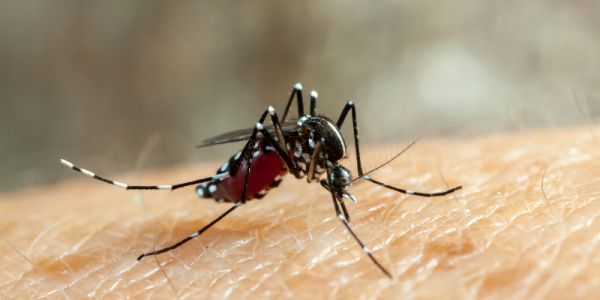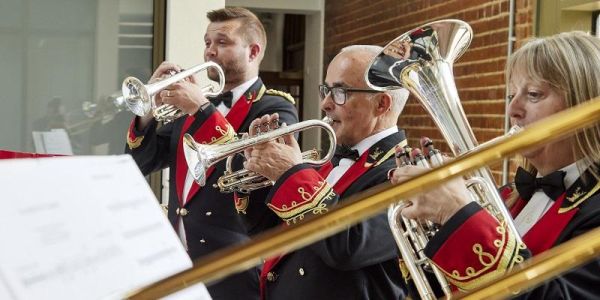
Low-tech: just what the doctor ordered
Medical equipment that can be manufactured at low cost and easily maintained will help extend surgery to the five billion people worldwide who currently cannot get access to it, say researchers.

Medical equipment that can be manufactured at low cost and easily maintained will help extend surgery to the five billion people worldwide who currently cannot get access to it, say researchers.

Air quality inside buildings and on transport systems should be improved to reduce the impact of future pandemics or the spread of flu and other infectious diseases, say engineers and scientists.
A message to staff from Vice-Chancellor Professor Simone Buitendijk.

Global mismanagement of phosphorus is threatening food security and polluting water, according to a new report into the use of the finite nutrient.

A molecule in mosquito saliva has been identified as a potential target for vaccination against a range of diseases for which there is no protection or medicine.

A fanfare performed by the Black Dyke Band has marked the official opening of the Sir William Henry Bragg building, a hub for physical sciences and engineering teaching and research at the University.

Sculptor Katie Surridge has been announced as the fourth winner of the £15,000 DARE Art Prize.

Leading academic researchers, alumni, a former Vice-Chancellor and a University Council member have been honoured in the Queen’s Birthday Honours for their services to the country.

A major study has revealed the global collateral damage caused by the disruption to cardiac services from the COVID-19 pandemic.

Scientists plan to develop technology to isolate and extract fragments of a "rogue" protein linked to diabetes.